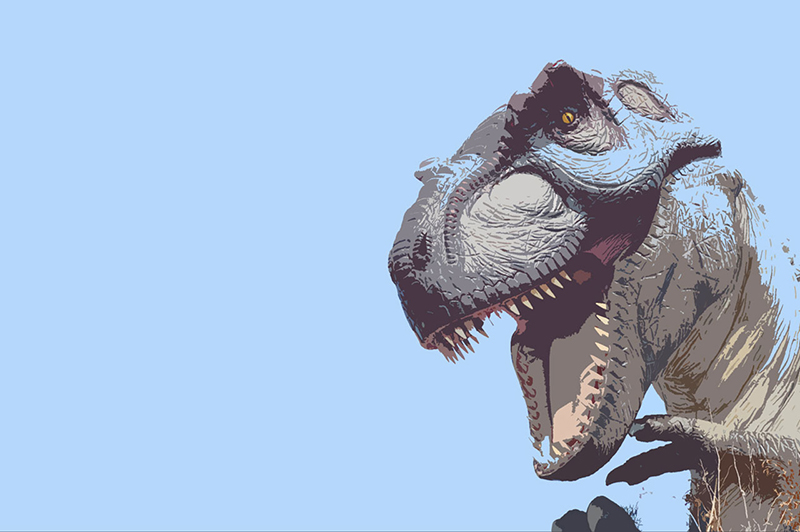Translating the geological record into isiXhosa
12 August 2020 | Story Carla Bernardo. Voice Neliswa Sosibo. Read time 5 min.
A project led by University of Cape Town (UCT) lecturer Dr Rosalie Tostevin is translating segments of South Africa’s rich geological record into official languages other than English – starting with isiXhosa.
The project is called Reclaiming the Rocks: Ukuthetha ngezifundo zomhlaba ngesiXhosa and is based in UCT’s Department of Geological Sciences where Tostevin is a lecturer and runs the Ancient Life and Environments laboratory. The project aims to better represent the diversity of languages spoken in South Africa and help connect people who have historically been excluded from scientific discourse with their geological heritage.
“Despite English being a first language for under 10% of the population, it dominates scientific discourse, alienating huge sections of the population,” said Tostevin.
“People engage more and understand better when the conversation is in their native tongue.”
“People engage more and understand better when the conversation is in their native tongue.”
Tostevin leads the project team, which will soon begin producing a geological dictionary in isiXhosa, providing a tool to transform geology departments, museums and public outreach events. She is working closely with UCT master’s student Batande Getyengana, who leads a team of student translators.
Accessible vocabulary
During the first semester in 2020, Tostevin surveyed the geology department. The survey confirmed an impressive diversity of languages spoken among students and staff and indicated students’ interest in helping with translations.
Work is now under way to summarise the most compelling and relevant parts of South Africa’s geological history.
“South Africa’s geological record is exceptional and relevant to our daily lives,” said Tostevin.
“Millions of tourists are drawn to Table Mountain every year; vineyards depend on the fertile soils of the Bokkeveld shales; and the economy is built on gold, mineral and diamond deposits. The rocks also hold the story of life on Earth – from the first traces of life to the rise and fall of the dinosaurs.”
Tostevin will write up summarised versions of the country’s geological record while Getyengana will work on translations with the team of students. There will also be discussion groups to develop translations for technical terms where necessary. The longer-term goals include taking these new resources out on the road and introducing them to schools and communities.

The team will begin with translations into isiXhosa as it is one of UCT’s official languages and is the most widely spoken among the department’s staff and students. There are many geological terms, such as “dinosaur” or “fossil”, that have no equivalent in isiXhosa and Tostevin sees this as an exciting opportunity to generate new, more intuitive and accessible vocabulary.
An additional project goal is providing a roadmap for future engagement and outreach. If the project is a success, the team plans to expand translations into other South African languages.
International recognition
The project is already receiving international recognition and is a recipient of the European Geosciences Union’s public engagement grants. These grants are awarded to outreach projects that aim to raise awareness of geosciences outside the scientific community.
“Recipients receive a grant to help them further develop their idea and put it into practice, as well as an opportunity to present their results at the annual meeting in Vienna,” explained Tostevin.
The grant will enable the project team to create lasting resources that can support outreach in South Africa for years to come. Tostevin explained that the grant money will be used to launch a new website and to compensate the geology students who are involved in the highly skilled translation work.
And as the outreach branch of Reclaiming the Rocks: Ukuthetha ngezifundo zomhlaba ngesiXhosa begins, work on the department’s broader transformation project will continue simultaneously. This includes new artwork for the department’s entrance hall, featuring students explaining in their mother tongue why they love geology.
“We are keen to celebrate our collective linguistic skills and do a better job of representing South Africa’s many languages,” said Tostevin, adding that she hopes it will all be in place by the time students are welcomed back to campus.
 This work is licensed under a Creative Commons Attribution-NoDerivatives 4.0 International License.
This work is licensed under a Creative Commons Attribution-NoDerivatives 4.0 International License.
Please view the republishing articles page for more information.



























































































































































































































































































































































































































































